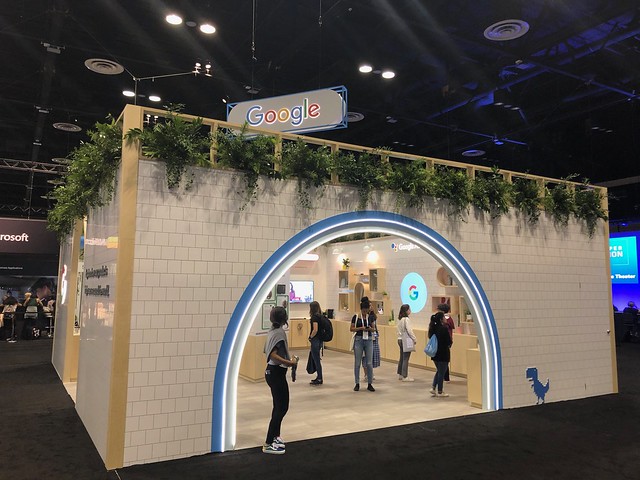Diversity, Inclusion, & Outreach Committee
The mission of the ECE Diversity, Inclusion, & Outreach Committee is to support faculty and staff in ensuring an environment where every student, regardless of ethnicity, orientation, or circumstance, feels welcomed and given every opportunity to not only succeed but thrive. The Committee also aids in the coordination of faculty, staff, and student outreach activities that work to share the department's excellence with K–12 and potential graduate students.
Conferences
On-campus resources
Society of Women Engineers @CMU
National Society of Black Engineers (NSBE) @CMU
Society of Hispanic Professional Engineers @CMU
ECE Peer Mentor Program
Purpose of the ECE Peer Mentor Program
The ECE Peer Mentor Program is a new initiative at Carnegie Mellon University, providing mentors to students in the ECE Department to promote student success, community, and wellness through student-led engagement. The goal is to encourage and empower students from all backgrounds to build productive relationships on campus by connecting them with peers who share academic, professional, and/or personal affinities.
Mentoring
Mentoring is a high-impact practice that encompasses a personal development relationship, in which a more experienced or more knowledgeable person facilitates the professional development of someone who is less experienced in a particular area.
Mission
To promote student success, community, and wellness by increasing student engagement through mentoring programs.
Vision
Creating a departmental environment where students feel a strong sense of belonging through interpersonal and group relationships in the mentoring process; Fostering a community where students can share how mentoring has positively impacted their student experience
Values
The ECE Peer Mentor Program values authentic connections, safe physical and virtual spaces, and open communication and collaboration.
Goals
- To foster a sense of belonging to the ECE community
- To help build stronger mentor–mentee relationships
- To encourage participation in campus events, student organizations, and research and professional development
- To connect students with campus resources and academic support services
Frequently Asked Questions
What is the ECE Peer Mentor Program?
The ECE Peer Mentor Program is a new initiative at Carnegie Mellon University, providing mentors to students in the ECE Department to promote student success, community, and wellness through student-led engagement. The goal is to encourage and empower students from all backgrounds to build productive relationships on campus by connecting them with peers who share academic, professional, and/or personal affinities.
Who can become a mentor?
Any current junior or senior in the ECE Department can become a mentor to undergraduate students. Any graduate-level student in the ECE Department can become a mentor to graduate students. This is a volunteer opportunity.
Who can become a mentee?
Any student in the ECE Department can become a mentee. The program is designed to help students make the most of their experience on campus.
What are the benefits of being a mentor?
Studies have shown mentors gain increased self-confidence, communication skills, and self-awareness. Being a mentor is great for individual leadership skill development and exposure to new and different perspectives. As a mentor, you will hone your skills in delivering feedback, asking questions, and actively listening. Mentoring reinforces your own knowledge and often brings a sense of fulfillment. By referring students to campus and community resources, mentors make CMU ECE accessible, remove certain barriers to access, and contribute to overall institutional climate change.
What are the benefits of being a mentee?
Studies show that students with mentors positively adjust to campus, are more likely to graduate, have a greater overall satisfaction with their student experience, and increase their self-efficacy and confidence in their ability. Mentees also experience increased self-awareness and develop stronger communication skills. They learn to self-reflect, improve goal-setting, and ask good questions. Having a mentor helps maintain accountability in any goals you set too. As a mentee, you get an “insider’s perspective” from peers who have navigated similar paths as you and gain insight into university and departmental culture.
How will I be matched with my mentor/mentee?
Mentors and mentees are matched after your application has been reviewed. The ECE Peer Mentor Subcommittee identifies points of correlation between applicants to best match areas of support mentors can provide to each mentee. Mentors are selected to provide mentees with the opportunity to develop an ongoing relationship that promotes personal growth, which could potentially continue beyond the time span of the academic year.
How can I get involved?
You can email the subcommittee at ece-diversity@andrew.cmu.edu with any questions. Each semester, the committee will send out recruiting emails to find mentors and mentees for each new academic year.
What are the program expectations?
Minimally, we ask that all participants:
- Commit to one academic school year
- Meet mentor/mentee three times per semester
- Attend as many CMU and ECE events as schedules permit
- Address any concerns regarding the program
Staff Contact List
| Name | Position | |
| Brittany Bristoll | Peer Mentor Subcommittee Chair | brittanyjade@cmu.edu |
| Jeannette Daly | Subcommittee Co-Chair | jeannetd@andrew.cmu.edu |
| Deepali Garg | Student Co-Chair | deepalig@andrew.cmu.edu |
| Jessica Tomko | ECE DIO Committee Chair & Assistant Director of Admissions |
jtomko@andrew.cmu.edu |
| Shawn Blanton | ECE DIO Committee Chair | rblanton@andrew.cmu.edu |
Graduate school fellowships
Staff-specific Diversity, Equity and Inclusion resources
Departmental climate/Course feedback form
The ECE Diversity Committee has created an anonymous feedback form for students. This form is intended to gather feedback from students on the department's climate or on a specific course, be it positive or negative. The department would like to ensure a safe, equitable, and inclusive environment for all, and we welcome your feedback on what we are doing right or wrong as a department or in a course.
Please complete this form once per experience/general feedback that you wish to share. You may complete it as many times as you would like. The responses to this form will be monitored by the faculty and staff on the ECE Diversity Committee.
ECE Diversity Awards
The Electrical and Computer Engineering Department celebrates students whose actions and activities advance our institutional commitment to creating a welcoming and inclusive academic environment where all students can thrive. Through the ECE Diversity Awards, ECE recognizes extraordinary student contributions to diversity, equity, and inclusion across the CMU community and throughout the greater Pittsburgh area.
What are the ECE Diversity Awards?
The ECE Diversity Awards provide an opportunity for the entire ECE community—students, faculty, and staff—to nominate ECE students who demonstrate an outstanding commitment to diversity, equity, and inclusion.
The awards are comprehensive, observing exceptional impact and contribution across various aspects of campus life and culture. One of the goals of the application process is to elevate the conversation of excellence, which makes ECE one of the premier engineering departments in the nation, outside of the classroom.
ECE Diversity Awards categories
Two awards are conferred each academic year:
Commitment to DEI Award
This award honors a student who demonstrates dedication and continuing commitment to diversity, equity, inclusion and cultural competency at CMU.
Nominees for this award should meet at least two of the following criteria:
- Commitment to self-education (attending workshops, trainings, book clubs, etc.)
- Active involvement in community outreach efforts to promote DEI awareness or advocacy
- Dedication to promoting social justice, dignity, and equity at CMU or in the broader community
- Demonstrates leadership in DEI efforts
Unsung Hero Award
This award honors a student who goes above and beyond what is required of them in their daily life to demonstrate passion and enthusiasm for promoting an inclusive and equitable environment for all. This student may fly under the radar and need not always be the “banner waver” but has shown to be an asset to the CMU community.
Nominees for this award should meet the following criteria:
- Commitment to self-education (attending workshops, trainings, book clubs, etc.)
- Active involvement in community outreach efforts to promote DEI awareness or advocacy
- Dedication to promoting social justice, dignity, and equity at CMU or in the broader community
- Demonstrates passion and commitment to DEI efforts regardless of holding a leadership position
Eligibility requirements
Any active, declared ECE undergraduate or graduate student is eligible to be nominated for an ECE Diversity Award. This includes undergraduate students, master’s students, and PhD students. Please note that a nominee does not need to meet the award criteria within a specific time frame but any time during or around their tenure at CMU.
How to nominate
Any ECE community member—student, faculty, or staff—may nominate an ECE student for an ECE Diversity Award. Self-nominations are also accepted for consideration.
ECE community members may submit an online application form during the open application period between November and February of a given academic year.
Award provisions
Finalists are bestowed with a $1,000 award and will be formally recognized at an ECE awards ceremony.
Nomination deadline
The open application period for the ECE Diversity Awards is between November 1 and April 1 of a given academic year.
Committee members
The ECE Diversity, Inclusion, and Outreach (DIO) Committee consists of faculty and staff dedicated to the needs of our students, especially those with backgrounds not traditionally associated with our discipline (i.e., women and underrepresented minorities). Each member of the DIO Committee is dedicated to making themselves available on a regular basis to all ECE undergraduate and graduate students. These open office hours are meant to provide students with a safe space to discuss any topic relevant to them.
Shawn Blanton
Committee Chair
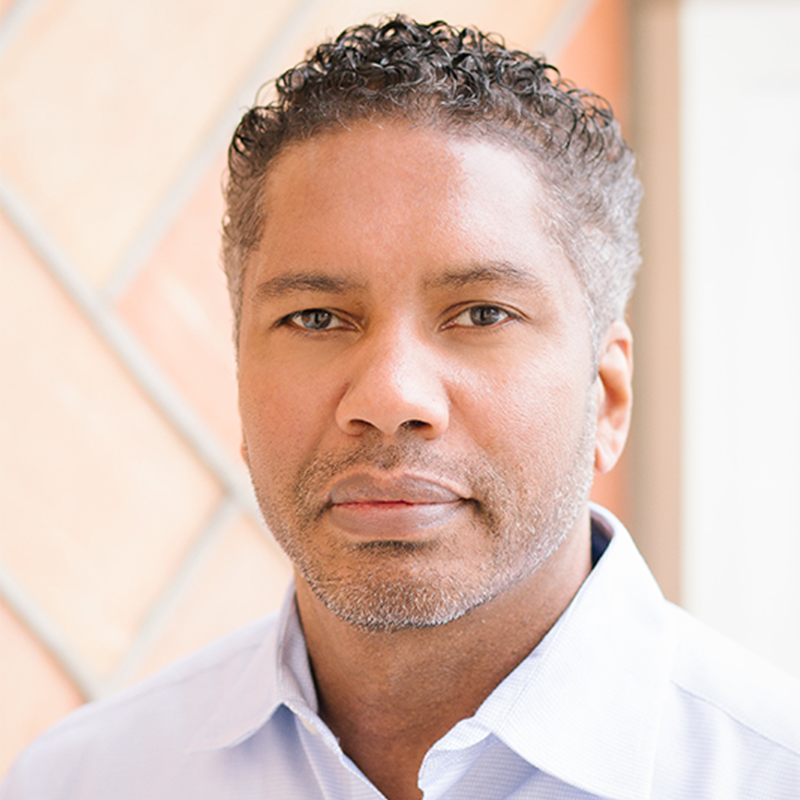
Jessica Tomko
Committee Chair
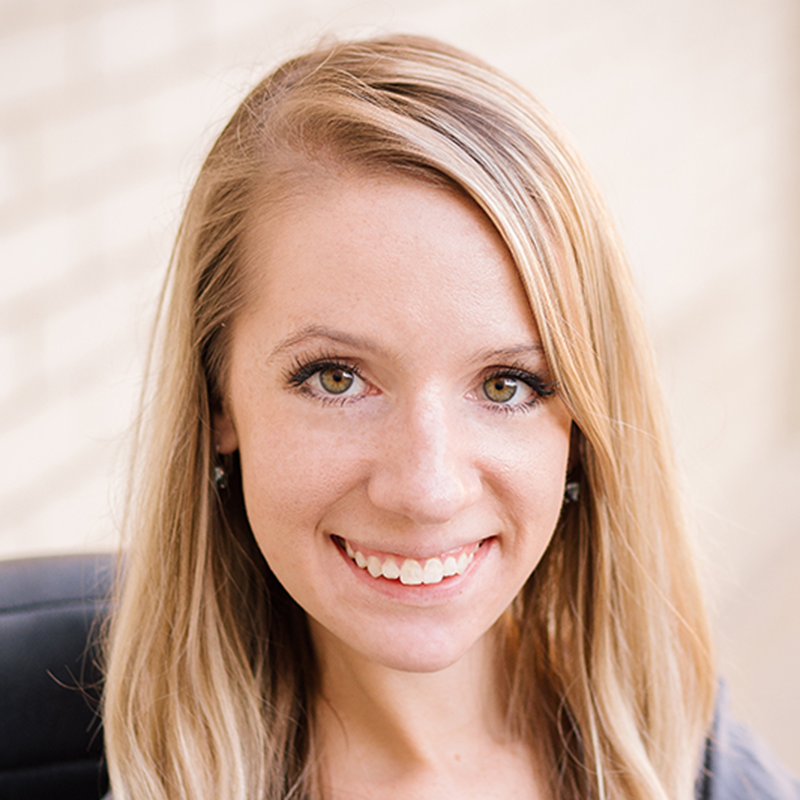
Danielle Bonatesta
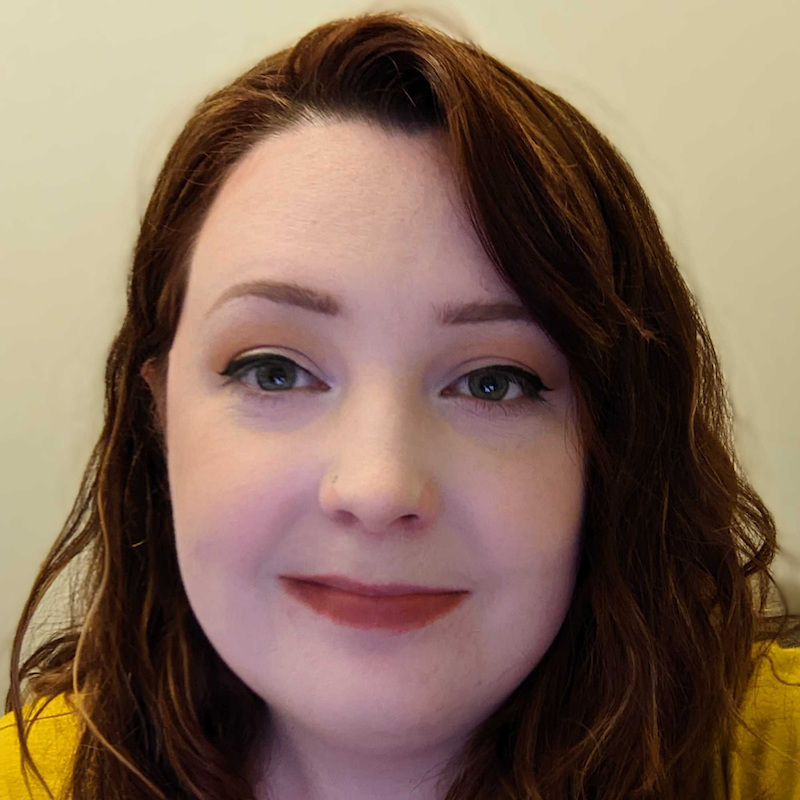
Jeannette Daly
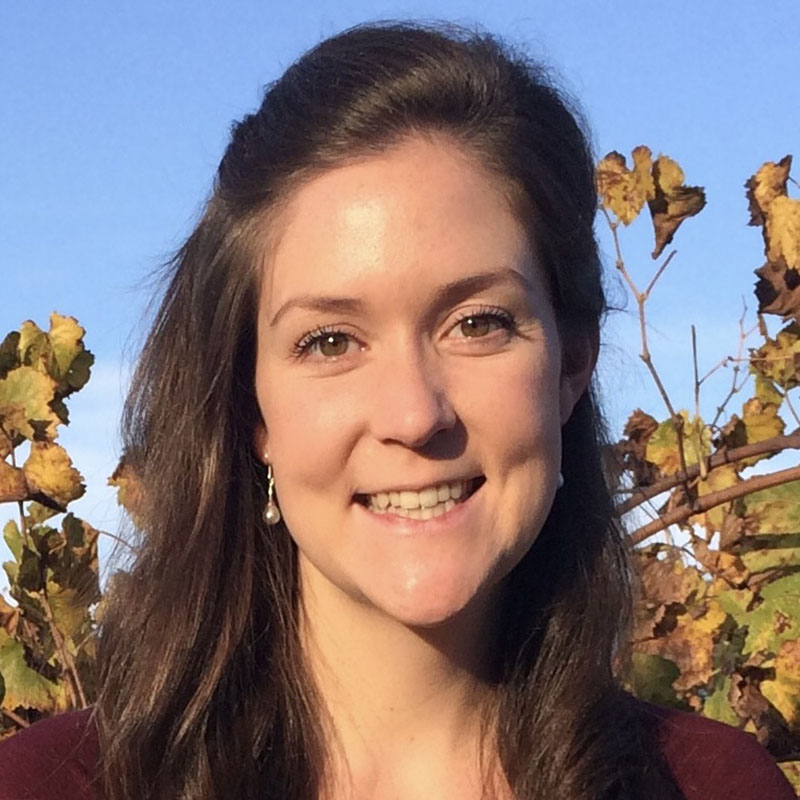
Stefanie Garcia
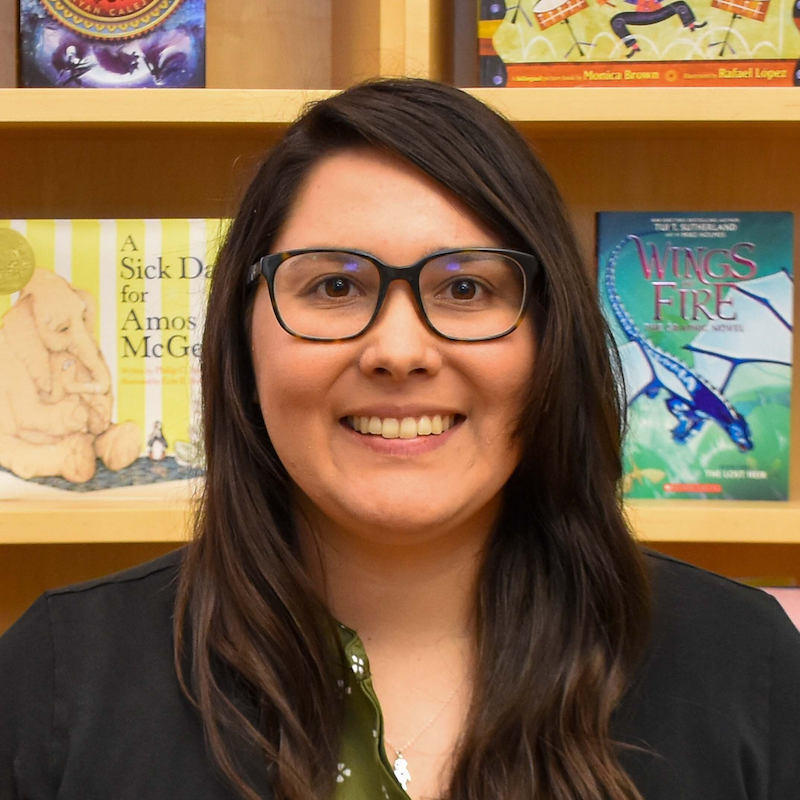
Pulkit Grover
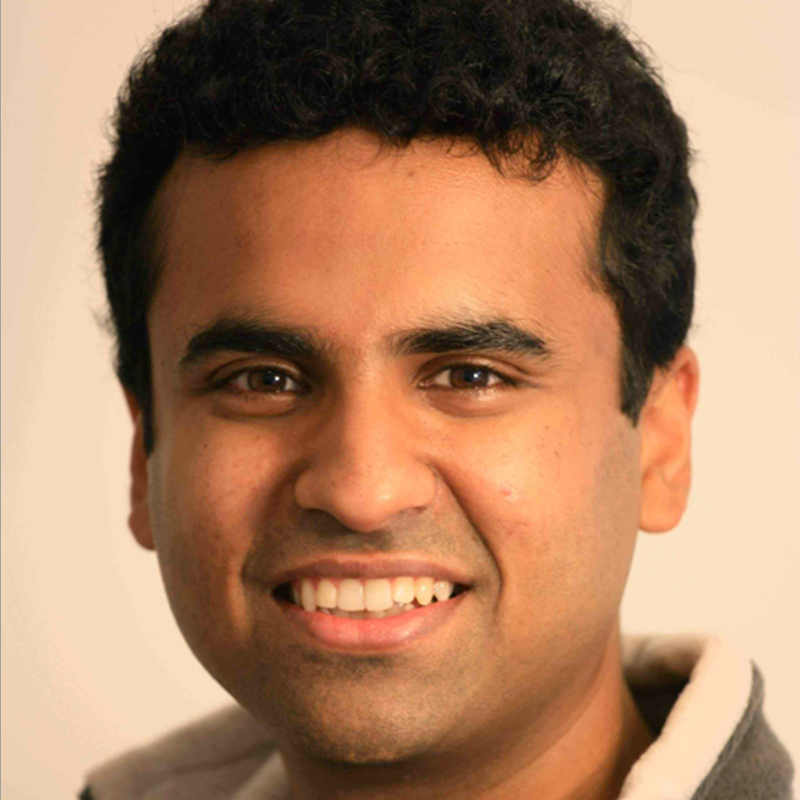
Limin Jia
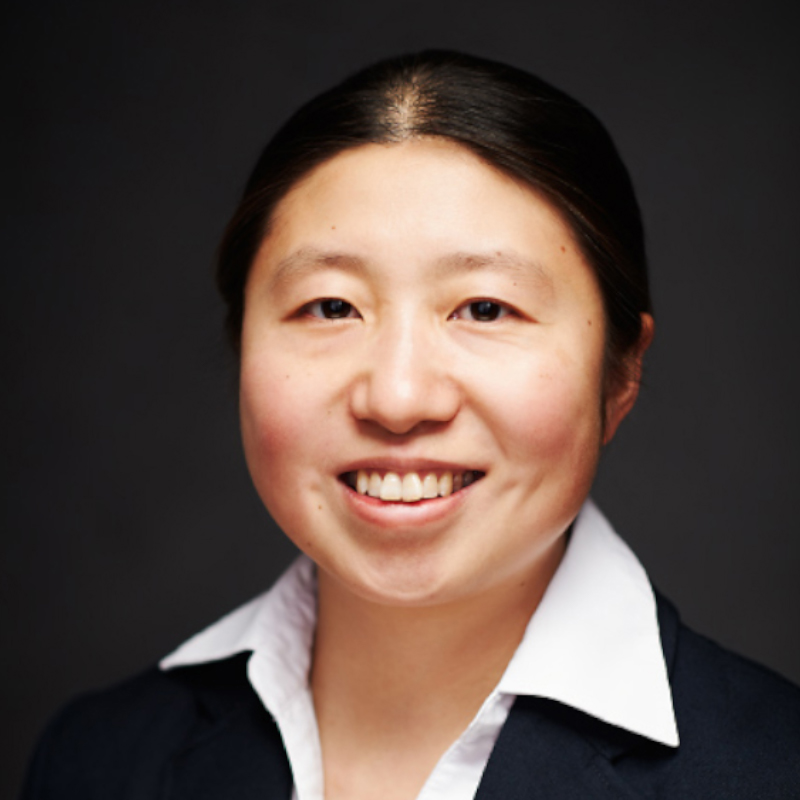
Kimmy Nguyen
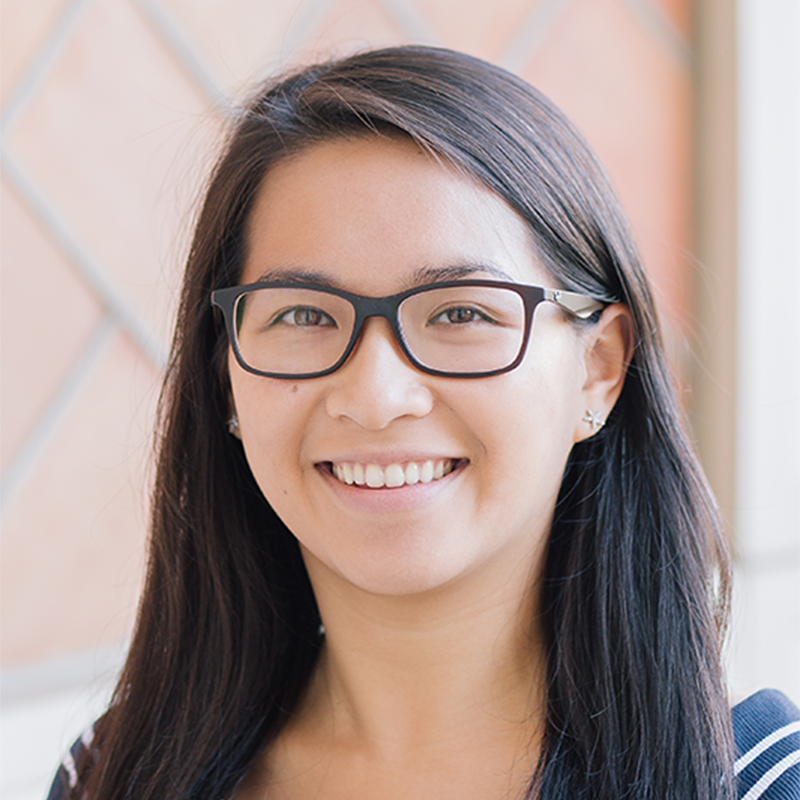
Kaycee Palko
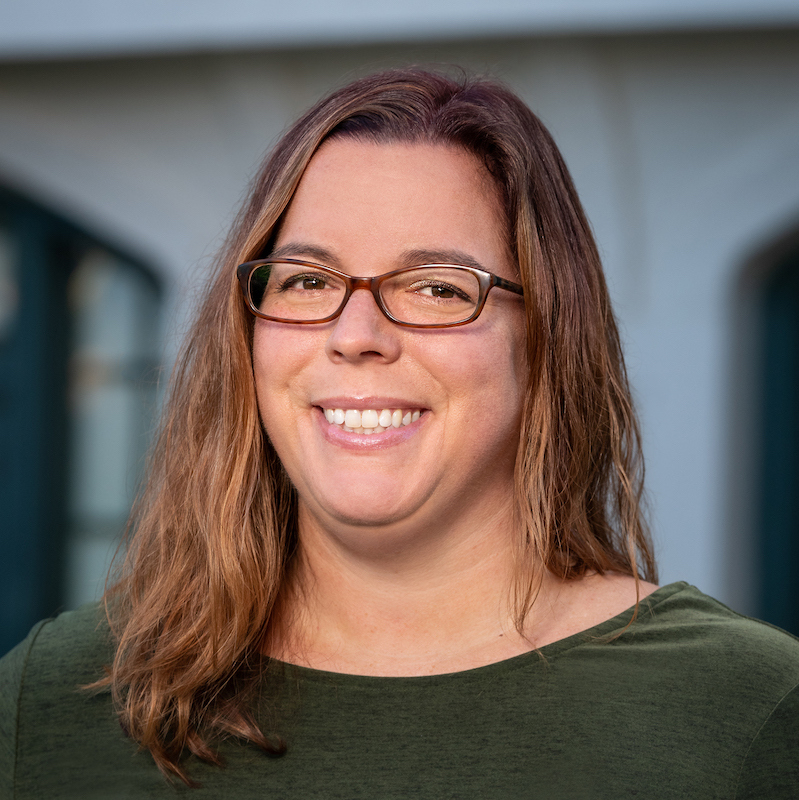
Brittany Bristoll
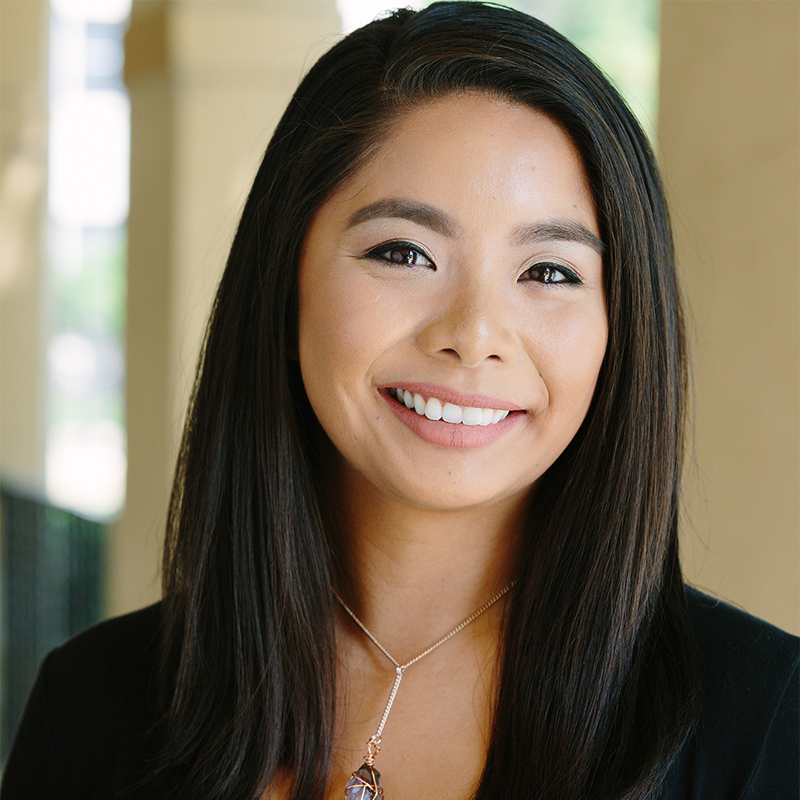
Greta Ruperto
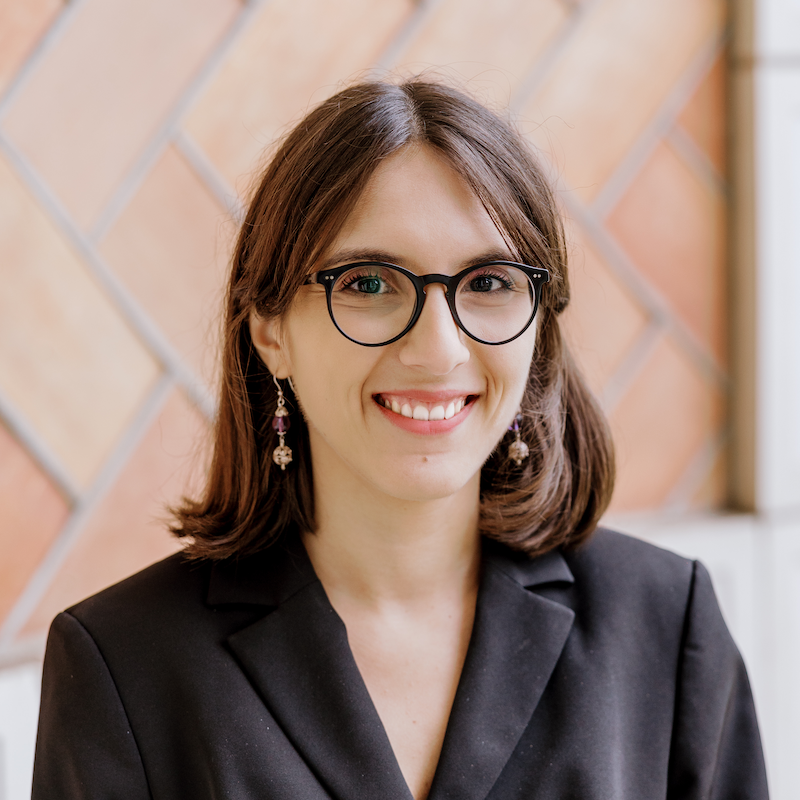
Holly Skovira
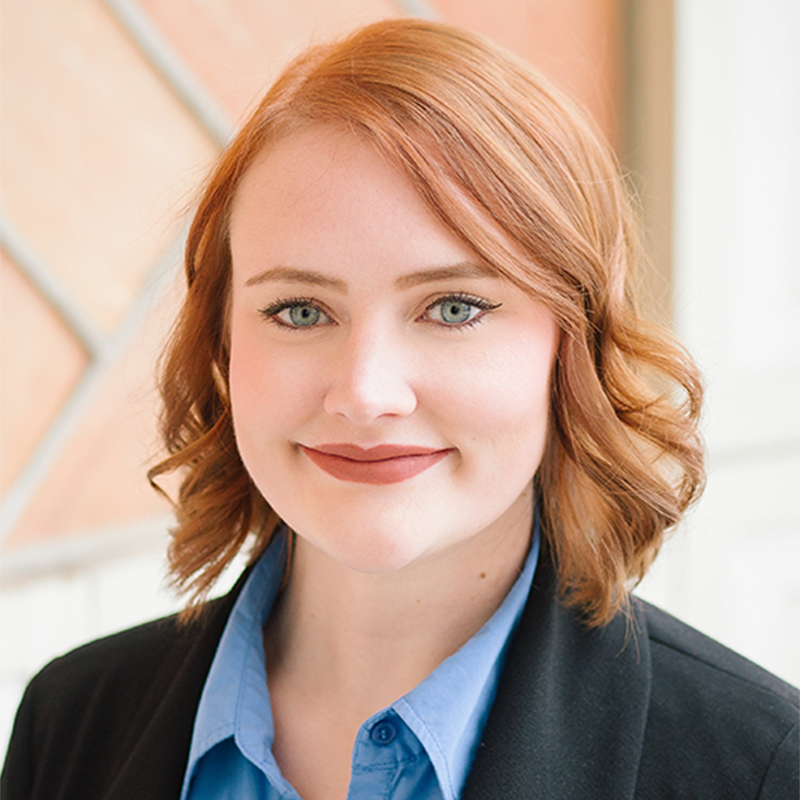
Richard Stern
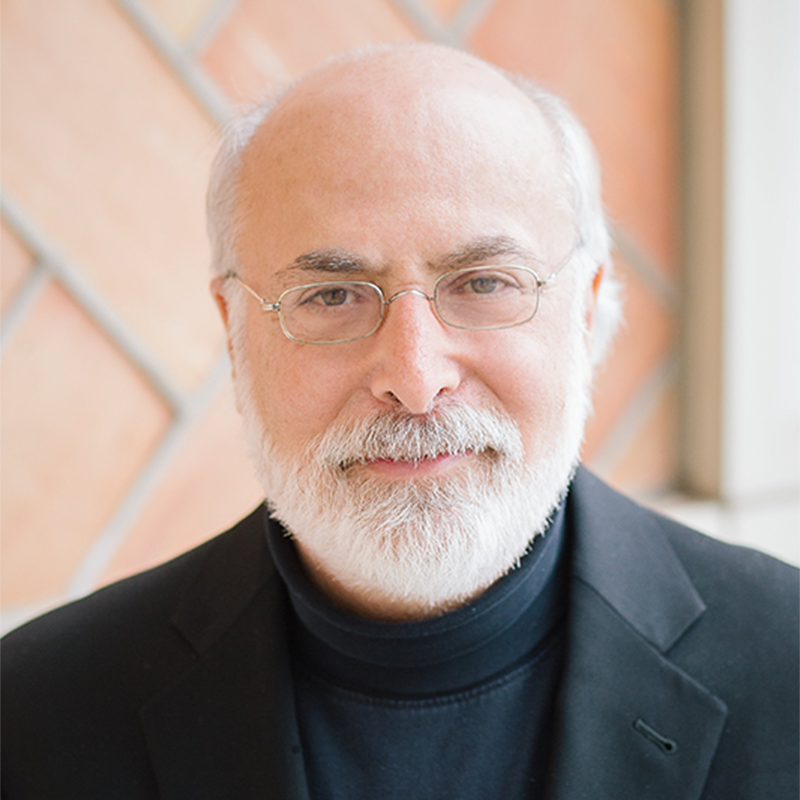
Tom Sullivan

